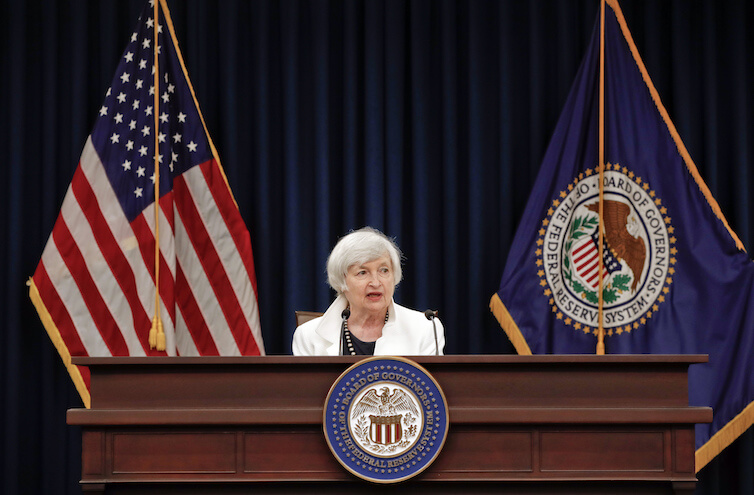Must-Read: Martin Wolf: The challenge of Xi Jinping’s Leninist autocracy: “Xi Jinping[‘s]… claims… are bold: ‘Socialism with Chinese characteristics has crossed the threshold into a new era,’…
…’It offers a new option for other countries and nations who want to speed up their development while preserving their independence’. The Leninist political system is… yet again, a model…. Yet how has the system that failed in Moscow succeeded in Beijing?… Deng Xiaoping… freeing the economy… maintain[ing] party control…. Whether the Soviet Union could have followed such a path is open to debate. But it did not. As a result, today’s Russia does not know how to mark the October revolution…. Xi is… an autocrat… but… also an heir to the Leninist tradition. His legitimacy rests on the party’s….
China has indeed learnt from the west in economics. But it rejects modern western politics…. China has an ostensibly modern template for its ancient system of imperial sovereignty and meritocratic bureaucracy. But the party is now emperor…. Will this combination of Leninist politics with market economics go on working?… We do not know…. The system has worked spectacularly so far. Yet… the party… always above the law… makes power ultimately lawless… corruption… sap[ping] economic dynamism… as the economy and… education advance, the desire for a say in politics will become overwhelming….
All this is for the long run. The immediate position is quite clear. China is emerging as an economic superpower under a Leninist autocracy, controlled by one man. The rest of the world has no choice but to co-operate peacefully…. Those of us who believe in liberal democracy… need to recognise that China not only is, but sees itself, as a significant ideological rival. First, the west has to keep a margin of technological and economic superiority, without developing an unduly adversarial relationship with Mr Xi’s China. China is our partner. It is not our friend. Second and far more important, the west (fragile as it is today) has to recognise—and learn from—the fact that management of its economy and politics has been unsatisfactory for years, if not decades… financial crisis… under-invested in its future… yawning gulf… between economic winners and the losers… let lies and hatred consume its politics…. The west needs rejuvenation, too…. Autocracy is the age-old human norm. It must not have the last word.

